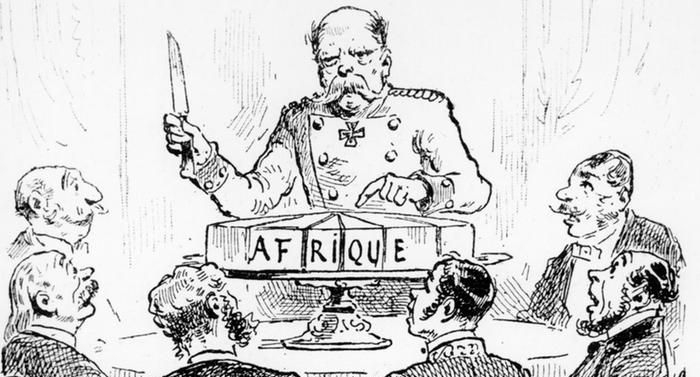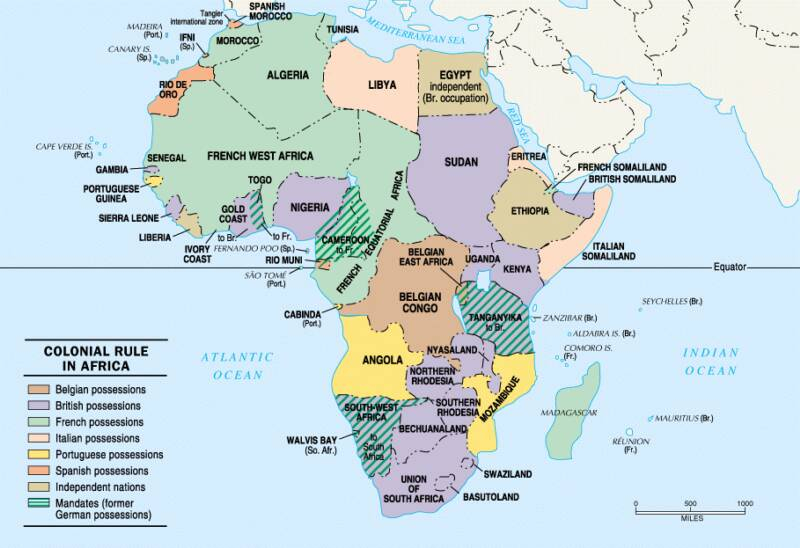Imperialism and Scramble for Africa

Imperialism is a system in which one country or state (the imperial power) gains control of another country or state (colony) and exploits its people and resources to enrich and empower itself.
The British had established themselves as the world's dominant global force thanks to their control over enormous colonial areas such as India, Australia, and Canada, among others. Only 10% of Africa was under formal European authority until 1870, making it a fertile ground for 'new imperialism' in the late nineteenth century. When the First World War broke out, this number would skyrocket to 90%. Germany had entered the colonial race much later, only to discover that Britain, France, and others had already dominated all the best lands and important ocean roads. Germany annexed Namibia, Cameroon, Togoland, and Tanganyika during the scramble for Africa in the late nineteenth century. They worked tirelessly to link their southwest and eastern colonies. This posed a threat to British progress north from their Cape Colony on the continent's southern tip. Colonies were required for investment, resources, raw materials, and markets for manufacturing, and there was tremendous competition to protect and grow these markets.











